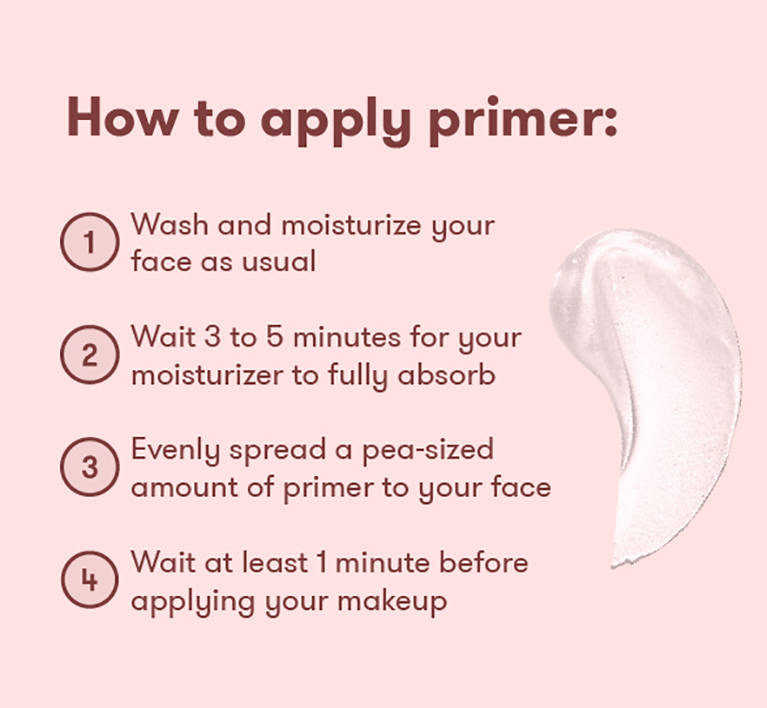Some of the best makeup primers can give your face the blank (pore-less) canvas it needs to achieve an even complexion. Not to mention, they can also be the difference between a look that lasts minutes and one that takes you from morning to night. So, what’s the deal with primer, and which one is right for you? Let’s find out.
What Is the Purpose of Primer?
What Is Primer?
Think of primer as the bridge between your skincare and makeup routine. It helps to minimize large pores that might otherwise absorb too much makeup and create uneven coverage. Primer is available as a cream, gel, or liquid that creates a smooth base for your makeup application. It comes in a variety of finishes—like satin, matte, or dewy—each of which can complement your skin type.
Benefits of Using Primer
Some of the best makeup primers for oily skin can absorb excess sebum on the skin, and even out creases and flaky patches. The result? A look that may appear more natural and lasts through a full day of travel or a night of fun. But, that’s not all. Many primers contain botanicals—like orange, lavender, jasmine, rose, grape, and aloe—which can help leave your skin feeling hydrated and refreshed. Some may even offer additional skincare benefits, such as anti-aging and sun protection.
You know those friends who always have your back? That’s what we look for in the best makeup primers on the market. They can help your foundation stay put in hot weather so you can look flawless. They may even help you use less foundation, so you can get more usage from each bottle (we can hear your wallet rejoicing from here). But, most importantly, they can help prevent your skin from absorbing the not-so-great ingredients hidden in your foundation, which can draw oil from the skin.




